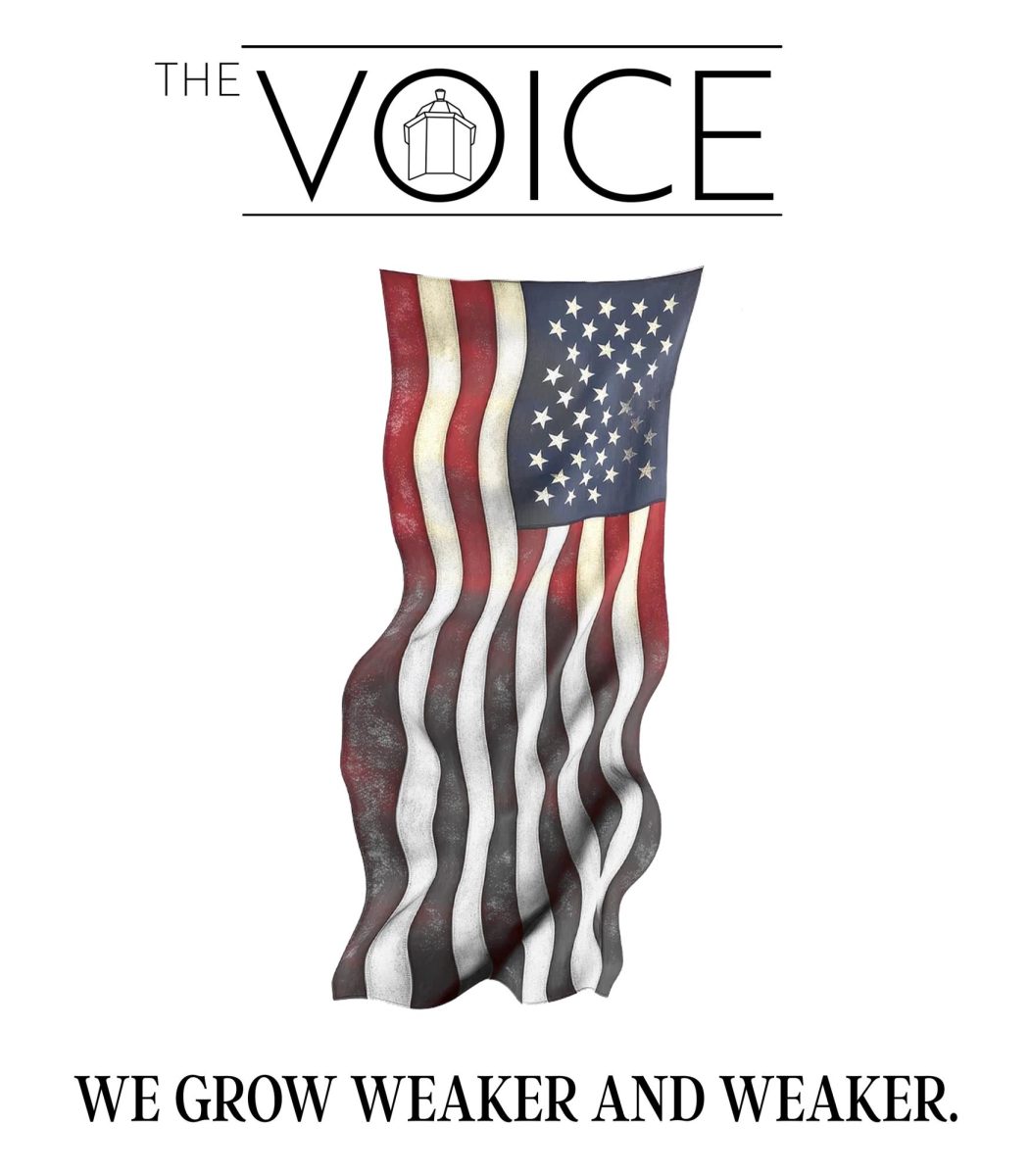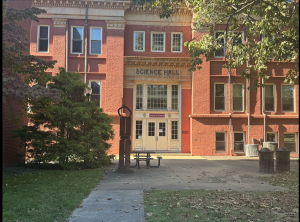This Week in History
The history of African-American History Month
February 27, 2020
This week is the last week of African-American History Month, and it is definitely important to recognize its long history. February is commonly recognized as African-American History Month in the United States, with every president since the 1970’s proclaiming a national theme for the month.
Some historians recognize African-American History Month as having been created by Carter G. Woodson, American historian and founder of what is now the Association for the Study of African American Life and History (ASALH).
The first iteration of the month was just a week, called Negro History Week in 1926. According to ASALH, the second week was specifically chosen by Woodson as it captured the birthdays of both Abraham Lincoln and Frederick Douglass, respectively the 12th and the 14th.
As the ASALH would say, Negro History Week caught on quickly and spread like wildfire, but perhaps too fast for Woodson to be able to manage the excitement. Coinciding with the migration of African Americans from the South to cities, black culture and education experienced a boom compared to what it once was.
Woodson and the Association’s management of Negro History Week would primarily concern the legitimacy of the individuals presenting the history. Woodson worked tirelessly to make sure that the event did not become commercialized and that schools and educational events had the resources they needed to properly display Black culture and history.
These efforts coincided with Black History Clubs in schools being created, instructors requesting new materials to teach the students, as well as supporting movements from progressive whites.
Woodson would also push to make Negro History Week become a more permanent event, wishing to expand it to the whole year, believing it “Too important to America and the world to be crammed into a limited time frame.” As Daryl Michael Scott from ASALH would state.
Up until the the 1970’s Negro History Week would gradually become Negro History Month, and eventually be renamed by Black college students to Black History Month. According to the Library of Congress, President Ford in 1975 would promote Black History Month. In 1986, Congress would pass Public Law 99-244, officially making February 1986 National African-American History Month.
Since then, presidents have made proclamations on African-American History Month, setting themes for the month, and calling for other events during the month.
It goes without saying that African-American History Month is an incredibly important month to millions of the people living in the United States. There have, however, been some calls to expand the month into the entire year, such as Morgan Freeman arguing in a 2005 interview for 60 Minutes asking an interviewer, “You’re going to relegate my history to a month?” and then saying, “I don’t want a Black History Month. Black History is American History.”
In other words, why should learning about African-American History be limited to only one month? It should be made commonplace in our daily history lessons.
Our own Black Cultural Society on campus works incredibly hard to provide events focused around Black Culture. Last semester, Fall 2019, there were two events in particular that I attended for Conversations for the Common Good. These events dealt with writing African American history as well as African Americans in sports, and, as someone who has lived in Bloomsburg for his whole life, I found them especially enlightening.
While African-American History Month has never expanded to encompass the entire year, it has still been a learning experience for me every time it comes around.
As someone who is white, I obviously won’t be able to truly understand what it’s like to be African American in our society, but putting this article together has given me some more knowledge about why and how African-American History Month is so important.
Tristan is a junior History major and is the President of the BU History Club.


























